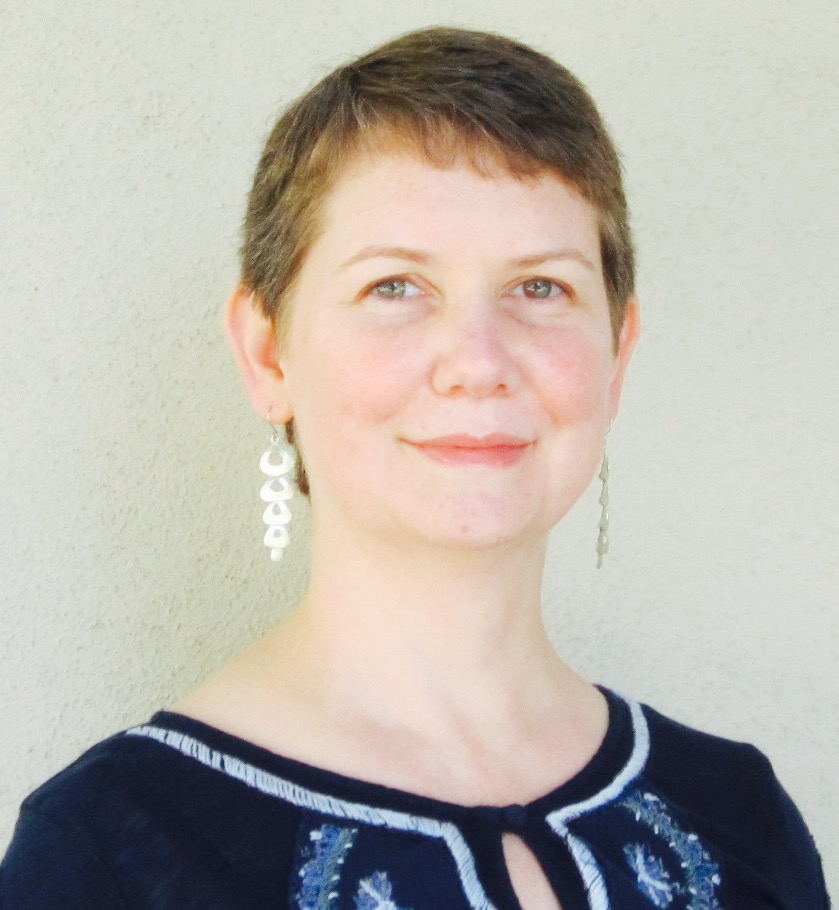
Do you feel stuck in your world of cancer? I used to.
Now, in my author bio, I usually list myself as a writer, mommy, yogini, daughter, editor, sister, and napper extraordinaire. Notice how I skipped over that I’m in remission from leukemia? I’m not lying by omission, it’s just not a big deal to who I am because I’ve moved beyond cancer as my identity. And you can, too.
Think of yourself as a “recoverer” from cancer. The more you positively believe you are recovering, the better you will feel about the situation.
Whether you’re in the middle of treatments or a couple of years out from diagnosis, don’t let blood cancer be the sole focus of your life. Remember you are a recoverer, not a victim or someone doing battle with your own body.
Though I am in remission from leukemia, it is only one facet of my life. Don’t get me wrong: I take my medications faithfully twice a day and see my doctor for clinic visits. I just don’t let those moments overwhelm the rest of my full days. Instead, I’ve learned to follow three main principles: rest, relax, and renew.
Rest
Before my leukemia diagnosis, I rarely napped unless I had the flu. Four years post stem-cell transplant, I still snooze several times a week. If naps are not your best friend yet, they should be. Rest to give your body and mind the time to recover from some of the stress you encounter during your waking hours.
In my life before leukemia, I had a baby at home, worked as a managing editor of an academic journal, and taught yoga two mornings a week. I rarely got more than seven hours’ sleep. Since my diagnosis, I’ve learned I need more sleep at night to function during the day, sometimes upward of eleven hours of rest. You may discover more nighttime sleep helps you make it through the day.
But what if you can’t get to sleep or stay asleep? Talk with your doctor, who might prescribe medication to assist. Meditating before bedtime can help calm the mind and body before sleep without medication. And exercise makes you feel tired in a good way for a full night’s sleep.
Relax
Receiving the serious diagnosis of blood cancer made me realize that control is just an illusion. I chose from the beginning of my leukemia journey to be as positive as possible.
You, too, can be positive or at least fake it till you make it positive by choosing five minutes a day to be as mad and frustrated at your health situation as possible, but only five minutes. If you miss your five minutes of rage, too bad, you’ll have to wait until tomorrow. Soon you just might discover you no longer need to fake your positivity.
I found talk therapy helped me through many of the rough patches of my leukemia journey. Therapy is where I learned the five-minutes-a-day of rage technique.
During my yoga training, I learned to clear my mind of negativity with meditation. If you have the time to brush your teeth, you can meditate. Sit on a chair, close your eyes, set a timer for two minutes, and focus on your inhalations and exhalations. If you get distracted, return to the breath. This meditation helps reconnect you to your body and mind in a positive way.
Renew
There’s a cliché that’s so true for cancer patients: change is the only constant. When I resolved to no longer consider myself primarily a cancer patient, I had to figure out who I was. Would I be someone battling cancer? No, I’d never liked the war metaphors (battle, survivor, etc.) borrowed from World War II propaganda. Depending on your status, you might say you are living with cancer, or in remission from cancer, or free from cancer for three years.
Once I made it through the first critical 100 days of my stem-cell transplant, I wanted to be sure to eat right for my new body. As a vegetarian, I found lots of protein-rich sources such as nuts and seeds to rebuild my immune system.
I came to realize it was important to nourish not only my body but also my spirit, and so I began to dabble in writing, first for myself, and then in a community writers’ workshop. You, too, can find a hobby-—maybe knitting or coloring or gardening-—that you enjoy.
Don’t go back to work too early; wait until your body and mind are ready to take on the challenge. Perhaps you begin with a few hours part-time or flex-time, or maybe you reinvent yourself completely, trying out a new profession you’ve always considered, such as becoming a florist.
As you heal, it is a time for you to reintegrate, to choose the best pieces of your past and your present as you move forward. Some of your friends may not understand the new you, and that’s ok. There are plenty of others who will continue to support you along your road of recovery.

I’ve integrated daily practices to remind myself of this precious thing called life. I recommend you try to get up to ten hugs a day, keep a gratitude journal where you write down three good things that happen to you every day, or discover and silently repeat your mantra. Finally, be kind to yourself.
Erin Michaela Sweeney is a writer, mommy, yogini, daughter, editor, sister, and napper extraordinaire who lives in Claremont, California. You can reach her at www.ErinMichaelaSweeney.com.
Read other stories on survivorship.
